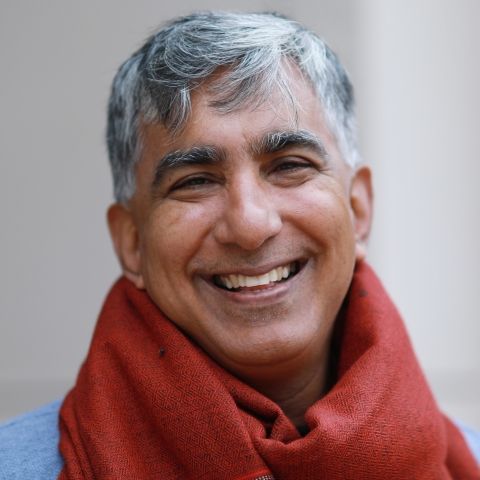
In September 2009, we hosted an unusual workshop at Duke Law School. The workshop focused on the empirical evaluation of judges, judging, and judicial institutions. Most work in this area has been driven by the agendas and constraints of empirical researchers, and empiricists from multiple disciplines — including history, sociology, anthropology, political science, and law and economics — participated in the workshop. But they were joined by judges and legal theorists, who were invited to take the lead in selecting the specific issues to be discussed at the workshop. The reason for the workshop’s unusual makeup and structure was our conviction that the empirical analysis of judging can be dramatically strengthened through the active participation of judges and theorists. In this Essay, we explain why we think conversations among these three groups are important. Then, drawing on the workshop experience, we describe where and how we believe that cooperation could do the most to advance the empirical study of the judiciary, with special attention to issues of evaluation.